The Age of Bulletin Board Systems (BBSes)
The Internet has existed since 1969, but it was only in the mid-to-late-1990s that it became commonplace in the home. Before that, computer users communicated via more low-tech methods. Many people of the era communicated via “sneakernet”, taking a floppy or cassette tape from one computer and sticking it into another. My first computer had no modem, so this was the only way to exchange data. But my second computer did have a modem, and it opened up a whole new world of possibilities, all thanks to Bulletin Board Systems, or BBSes.
Setting Up Bulletin Board Systems
As the name implies, a Bulletin Board System was an electronic equivalent of a bulletin board, where you could post things you found interesting or read other people’s posts. It was a lot like a modern web forum or a Subreddit, but it was local. Very local. Most BBSes were run by hobbyists just for the fun of it. Here’s how it worked: a local BBS operator would set up a server with BBS software, connected to a modem and a dedicated phone line. People in the community could then dial that number and connect to the BBS server. Once connected, you could read and leave messages on the forum and upload and download files. Mostly I downloaded funny pictures and shareware games. I even saw the occasional nudie pic, though these were tame by today’s standards. In many ways, in fact, it wasn’t all that different from the modern Internet.
The Downside of BBSes
BBSes had a couple of big downsides, which ended up killing them off. First off, these were text-based systems. As with MS-DOS, you had to memorize a system of arcane commands, which limited the market penetration to hardcore geeks like me. Second, there no real time interaction. You couldn’t chat with people online and if you posted something in the forum, you would have to wait days or weeks for a response. That was because it was a direct landline connection. It was my computer calling up the BBS owner’s computer, so that no one else could connect while I was online. This also meant that I couldn’t spend too much time on any one BBS. Most BBS software kicked you off after a while, to free up the line for other users. This “one user at a time” formula limited the growth of BBSes, as did the long distance rates of the phone network. It cost an arm and a leg to call a computer outside your area code, so you were limited to local BBSes. This made it especially limited for people who lived in smaller cities like my hometown of Lansing, Michigan.
Moving to Online Services
BBSes eventually gave way to commercial online services like CompuServe, Prodigy and the ubiquitous AOL. While these services dated back to the 1970s, they only became cheap enough for the average consumer in the 1990s. Online services made up for all the shortcomings of BBSes. They introduced Graphical User Interfaces (GUIs) that made them easier to use with a Windows PC or Macintosh. This opened the window for non-geeks to get online. These online services also had multiple phone connections in hundreds of cities, making it possible for thousands (and eventually millions) to get online at once. For the first time, it was possible to get online and chat in real time with people around the world. We take this kind of thing for granted nowadays, but it was a “killer app” in its time, one that relegated BBSes to the dustbin of history.
Of course, online services had their own problems. They were expensive, proprietary, and as they grew, even thousands of phone lines became untenable. But that’s a story for another day.
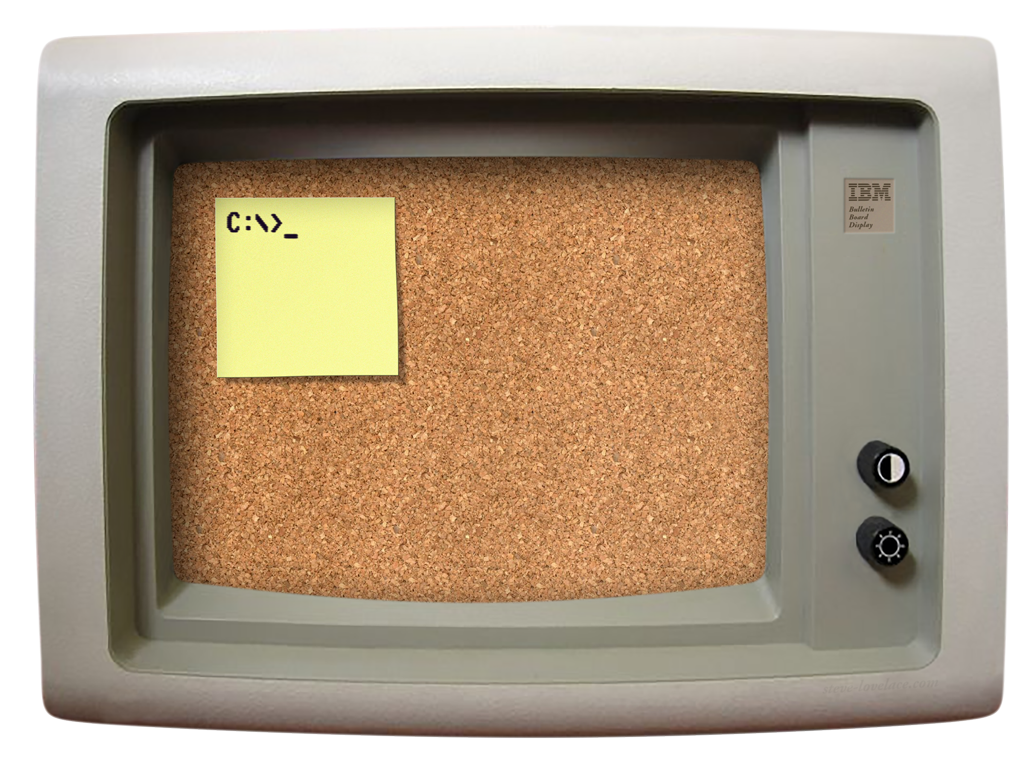


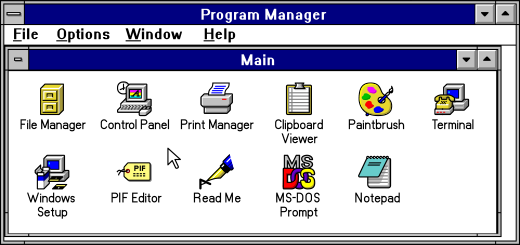
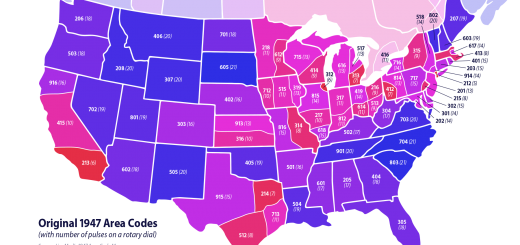

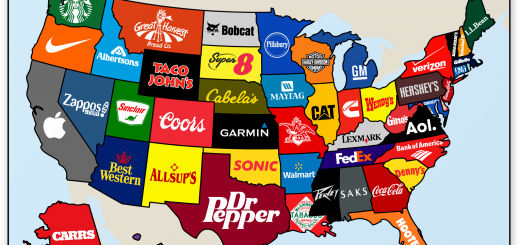
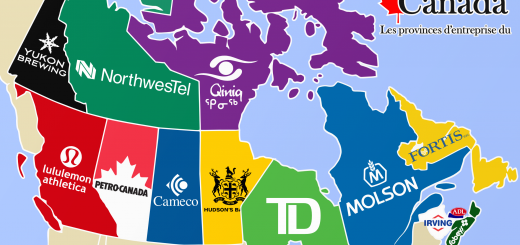

3 Responses
[…] my early days of computing, I logged on to Bulletin Board Systems (BBSes) to download files and participate in forum discussions. The BBSes I logged into were free, but they […]
[…] I had tried it a year earlier in my Gifted and Talented Program. Moreover, I had experience using Bulletin Board Systems and AOL. But the Internet had this allure to it that AOL lacked. It was the Wild West of online […]
[…] it with my sister, I hogged it as much as I could. I spent most of my free time either logged on to BBSes or reading computer magazines like PC/Computing. I read all about the upcoming (and long-delayed) […]